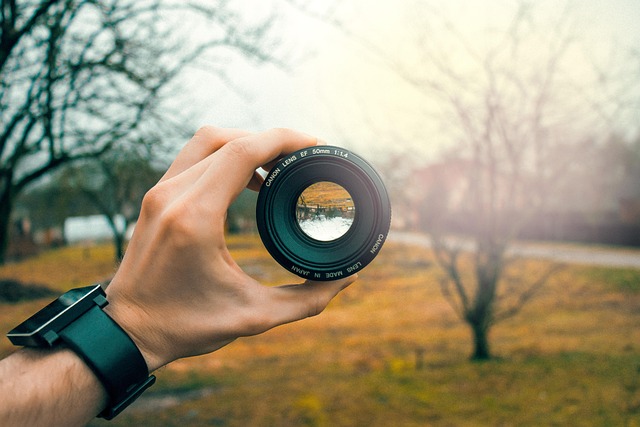Creating a home cinema experience that rivals the magic of a commercial theater has become a passion for many. As video recording technology continues to evolve, enthusiasts are constantly searching for ways to enhance their viewing experience. One often overlooked accessory that can significantly improve the quality of video recordings is the UV filter.
When we think of a home cinema, we envision a space where we can immerse ourselves in the latest films and series, supported by high-quality audio and video equipment. The clarity of the image is paramount, as is the ability to capture the essence of every scene. This is where the UV filter comes into play. While its primary function is to block ultraviolet light, its benefits extend far beyond mere protection for your lens.
In a dedicated cinema room, having sharp, vivid images is essential. A UV filter can enhance color accuracy and reduce haze, resulting in clearer visuals. By minimizing the effects of atmospheric interference, the filter ensures that your recordings maintain the high-definition clarity that today’s viewers have come to expect.
Moreover, the presence of a UV filter can significantly improve contrast. In dimly lit scenes, where shadows and highlights blend, a good UV filter ensures that details remain discernible, allowing you to appreciate every nuance and subtlety. As a result, you are better equipped to capture the true essence of cinematic storytelling, elevating your home cinema experience to new heights.
Incorporating high-quality audio with your video equipment is equally crucial when building the ultimate home cinema. Achieving a harmonious balance of sound and picture can transform a simple viewing into an enthralling experience. Just like a well-placed speaker enhances audio quality, a UV filter can upgrade the visual component, ensuring that both elements come together seamlessly to engage your audience fully.
Using a UV filter also guards against potential lens damage during those intense moments of filming or recording. Dust, scratches, and fingerprints can compromise the quality of your visuals. A UV filter acts as a protective barrier, allowing you to focus on creating the perfect content without the worry of damaging your equipment. This peace of mind is invaluable, especially when setting up those all-important shots in your cinema room.
Additionally, consider that many cinematographers use UV filters to achieve a specific aesthetic in their work. Whether you’re aiming for a vintage look or seeking to capture the crispness of the modern film, a UV filter can help you fine-tune the subtle aspects of your recordings. A simple twist of the filter can yield dramatically different results, enabling you to craft a unique viewing experience tailored to your personal style.
As home cinema technology advances, the tools we use to capture and present our creations must keep pace. The integration of a UV filter into your video recording setup is a step toward achieving professional-level quality. With its ability to enhance image sharpness, protect your equipment, and allow for creative freedom, a UV filter is more than just an accessory—it’s a vital component in your journey to create unforgettable home cinema experiences.




